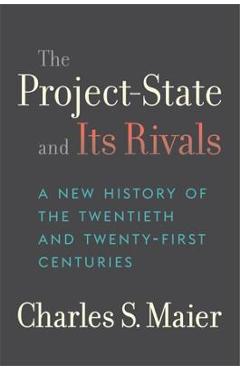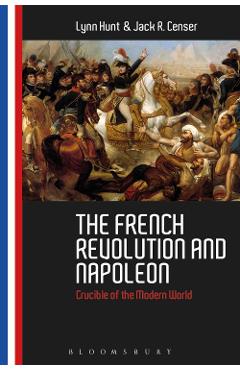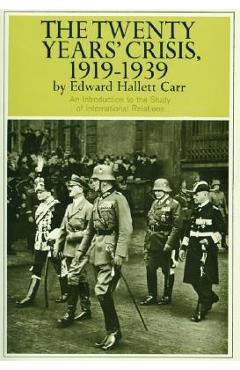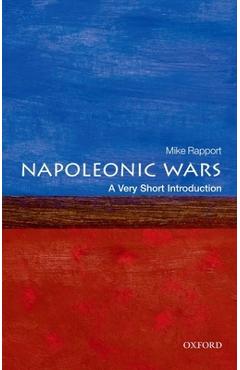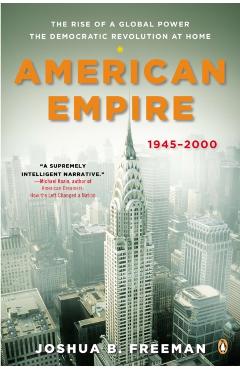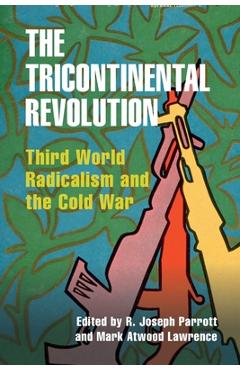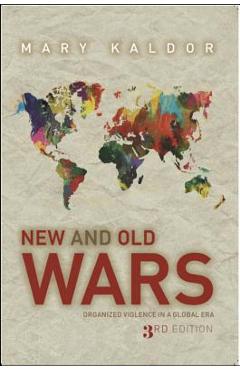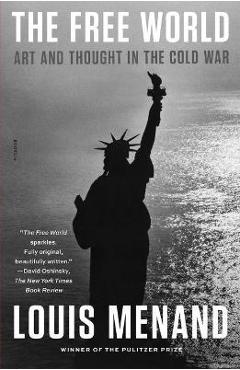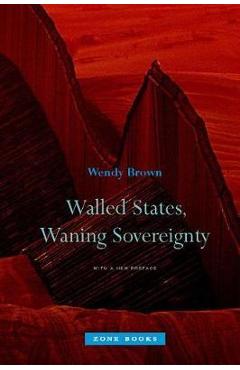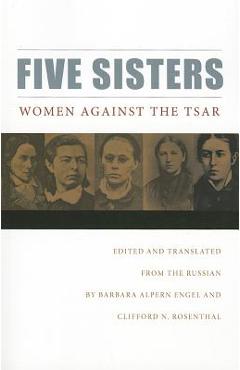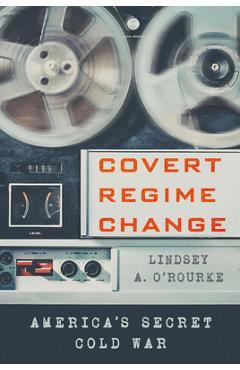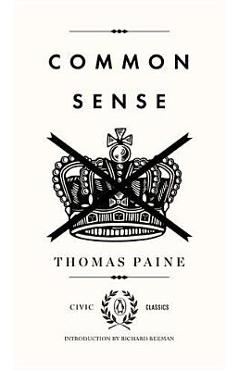The Ideological Origins of Great Power Politics, 1789-1989
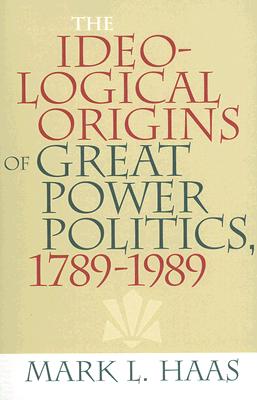
The Ideological Origins of Great Power Politics, 1789-1989
How do leaders perceive threat levels in world politics, and what effects do those perceptions have on policy choices? Mark L. Haas focuses on how ideology shapes perception. He does not delineate the content of particular ideologies, but rather the degree of difference among them. Degree of ideological difference is, he believes, the crucial factor as leaders decide which nations threaten and which bolster their state's security and their own domestic power. These threat perceptions will in turn impel leaders to make particular foreign-policy choices. Haas examines great-power relations in five periods: the 1790s in Europe, the Concert of Europe (1815-1848), the 1930s in Europe, Sino-Soviet relations from 1949 to 1960, and the end of the Cold War. In each case he finds a clear relationship between the degree of ideological differences that divided state leaders and those leaders' perceptions of threat level (and so of appropriate foreign-policy choices). These relationships held in most cases, regardless of the nature of the ideologies in question, the offense-defense balance, and changes in the international distribution of power.
PRP: 154.69 Lei
Acesta este Pretul Recomandat de Producator. Pretul de vanzare al produsului este afisat mai jos.
139.22Lei
139.22Lei
154.69 LeiLivrare in 2-4 saptamani
Descrierea produsului
How do leaders perceive threat levels in world politics, and what effects do those perceptions have on policy choices? Mark L. Haas focuses on how ideology shapes perception. He does not delineate the content of particular ideologies, but rather the degree of difference among them. Degree of ideological difference is, he believes, the crucial factor as leaders decide which nations threaten and which bolster their state's security and their own domestic power. These threat perceptions will in turn impel leaders to make particular foreign-policy choices. Haas examines great-power relations in five periods: the 1790s in Europe, the Concert of Europe (1815-1848), the 1930s in Europe, Sino-Soviet relations from 1949 to 1960, and the end of the Cold War. In each case he finds a clear relationship between the degree of ideological differences that divided state leaders and those leaders' perceptions of threat level (and so of appropriate foreign-policy choices). These relationships held in most cases, regardless of the nature of the ideologies in question, the offense-defense balance, and changes in the international distribution of power.
Detaliile produsului










